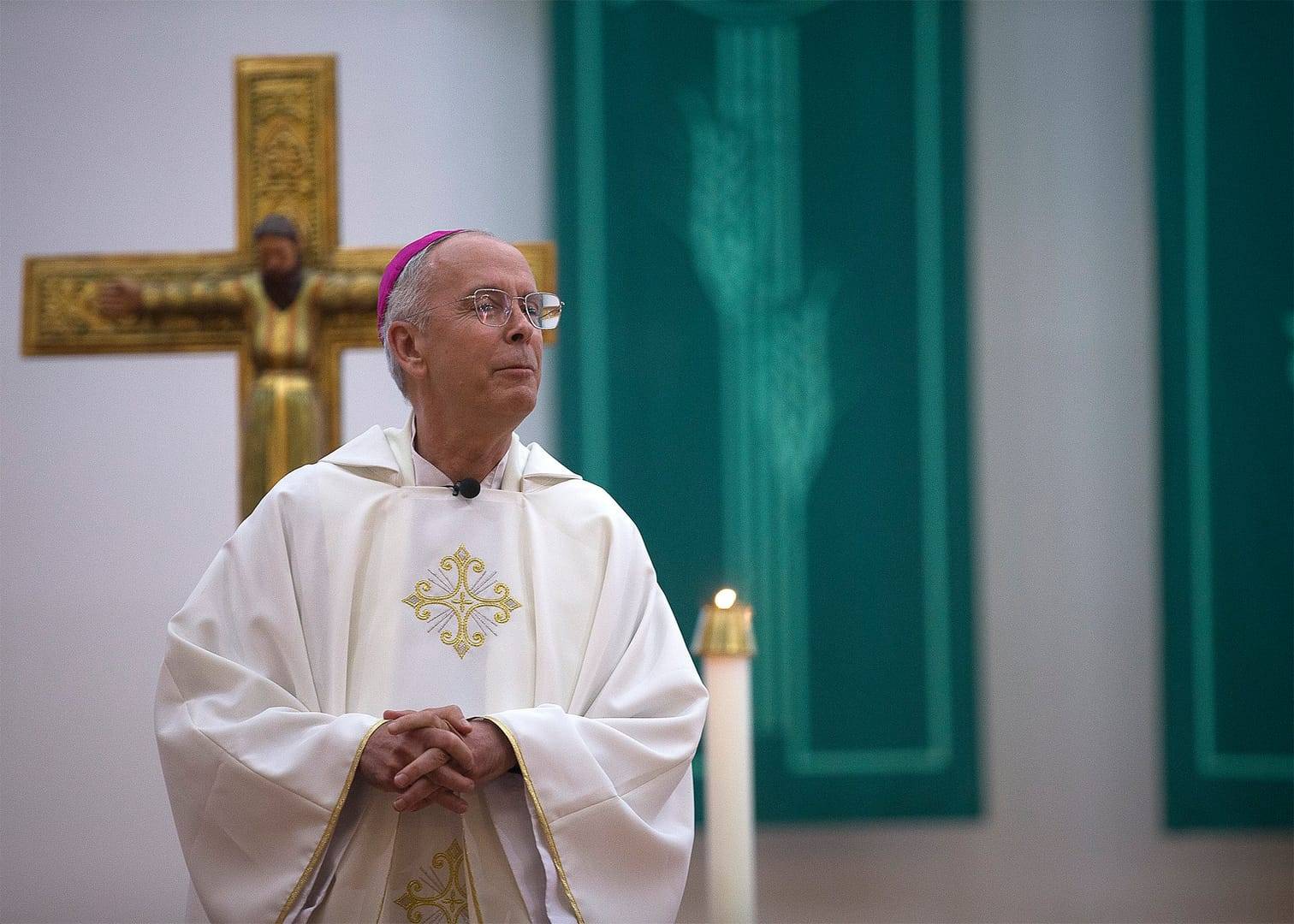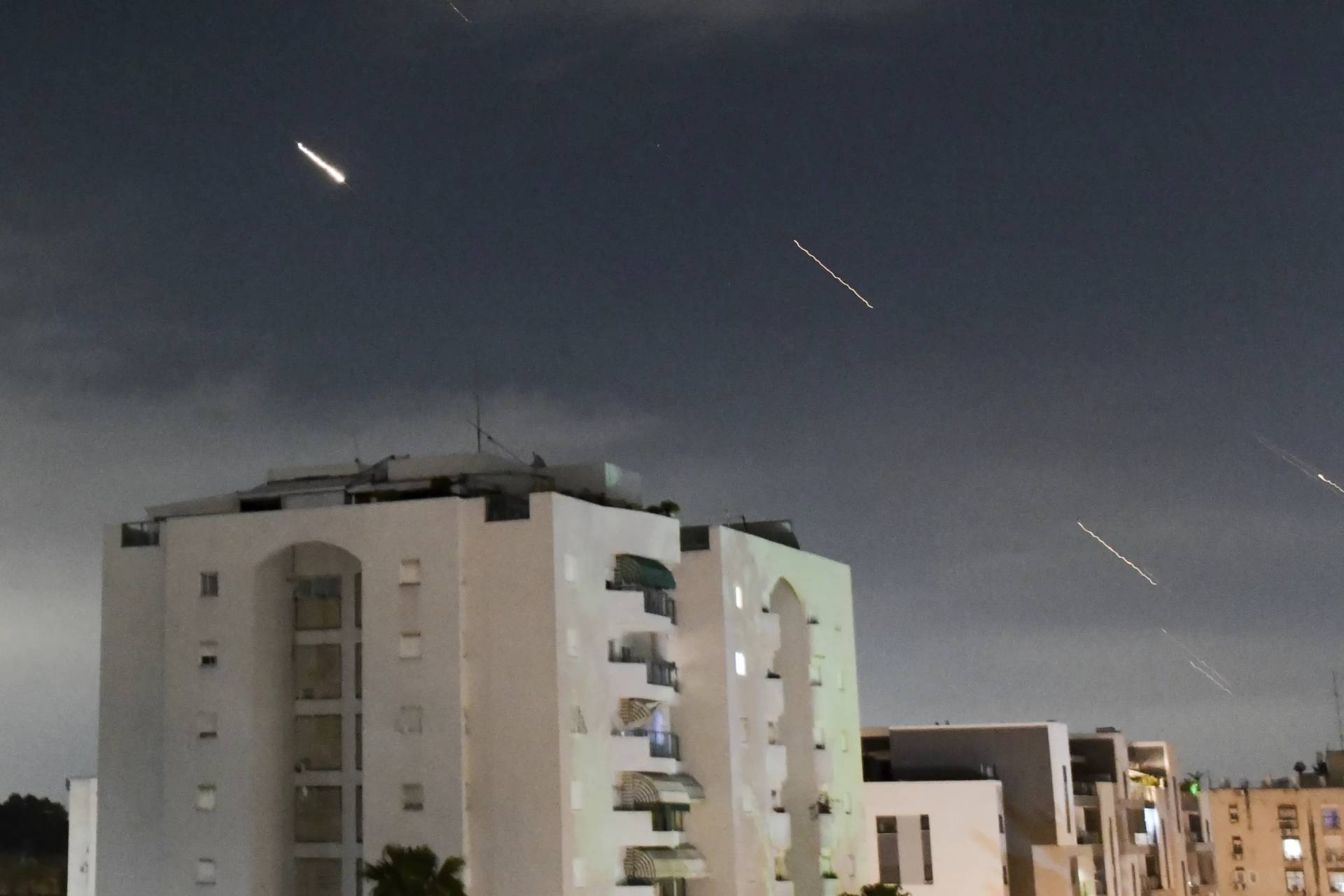NEW YORK — In two months, voters in Ireland will head to the polls to decide whether to liberalize the 8th amendment—the Republic of Ireland’s constitutional provision that grants an equal right to life to unborn children and pregnant women, which was established in 1983 and effectively banned abortion within Ireland.
Just three years prior, in May of 2015, voters in Ireland decided at the voting booth that its constitution should be amended to recognize same-sex marriage.
While official government polling data from 2016 found that Catholics account for 78 percent of the total population, in the archdiocese of Dublin fewer than 20 percent of Catholics attend weekly mass. In some rural areas, mass going Catholics account for less than 2 percent of the population — down from over 90 percent in the early 1970s.
Considering these statistics, among others, it’s no wonder that more than a few commentators have referred to the current era as a “post-Catholic Ireland.”
Yet alongside what many would describe as a downward spiral of the Irish faith — two things are happening, one locally, the other globally — that offer some glimmers of hope.
In January of this year, Bishop Nicholas DiMarzio appointed Father Chris Heanue as the new head of the Irish apostolate for the Diocese of Brooklyn. That appointment comes just months before Pope Francis is set to visit Ireland in August, a visit that the diocese of Brooklyn believes will serve as a shot in the arm for the Church in Brooklyn and Queens and beyond.
The diocese is chock-full of over 20 ethnic apostolates — Colombian, Mexican, Nigerian, and more — but Heanue says that while “each apostolate comes with their own set of challenges and their own agenda,” many are often focused on helping their flock with ongoing migration or legal challenges.
Heanue said that the concerns of the Irish apostolate are unique as it faces the challenge of recognizing its strong, influential past, while also reckoning with the current state of Catholicism in its native land and giving cause for hope for its future.
As Heanue takes over for Father Brian Down, the outgoing head of the apostolate, he’s planning to organize a series of events, both social and spiritual, where the Irish are “recognized for the role in building the Church in Brooklyn and Queens, and yet, still needed.”
“We’re not just Irish on Saint Patrick’s Day,” Heanue said. “We need to keep the Irish united to the Church, not just on that one very holy day in our heritage but throughout the year.”
Heanue was raised in Maspeth, Queens — the youngest of four siblings by thirteen years. While both of his parents were born in Ireland, his mother from County Meath and his father from County Galway, they met in New York.
Given the age gap between Heanue and his siblings, he was able to spend most of his summer holidays in Ireland with his mother where he saw firsthand how the country was changing.
While the economic boom of the Celtic Tiger in the 1990s and early 2000s fueled the rapid building of houses, roadways, factories, it’s happened alongside what Heanue describes as a “rebellion against the authority of the Church.”
Heanue said that in his own experience, he’s witnessed an uptick of “pregnancies outside of marriage, a lot of broken families, single parent families, a falling away from Sunday worship, and a mockery of the Catholic Church in its rituals and a mockery of the priesthood, and a distrust of the Church and the priesthood.”
Within his own family, he laments the fact that he has many aunts, uncles, and cousins that no longer go to mass and says that he believes that in addition to the fallout over the clerical sexual abuse the crisis, which has roiled the country in recent decades, the fact that Catholicism was so intrinsic to Irish culture made it an easy target for rebellion and dissent.
Yet rather than offering a dark forecast for the future, Heanue believes that the luck of the Irish isn’t out—and that perhaps it isn’t luck at all, but rather a robust faith that can renew the country.
In August, he will travel with the diocese on a pilgrimage led by Bishop James Massa to the World Meeting of Families, which will culminate with a visit by Pope Francis to the country.
“My hope is that the pope’s visit will be a booster shot for the country, for their respect for the Church, and that the World Meeting of Families will be a reminder of true, Christian families, and the importance of the family unity,” said Heanue. “I also pray it’s a reminder of the dignity of human life.”
“I think the pope’s visit there will bring back a sense of that faith which has been forgotten or has been muted by their culture,” he said.
Yet for Heanue, he won’t be content with letting the task of reclaiming that culture stay behind in Ireland.
One of his goals for the apostolate is to celebrate masses in places like Breezy Point and Bell Harbor — maximizing both his heritage and his youth.
“During this Year of Vocations, I’d like to show the young Irish kids that there’s a young Irish priest and foster some home-grown vocations, as well.”
This article was written for The Tablet, the newspaper of the Diocese of Brooklyn.
















